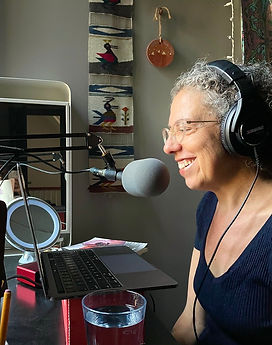
Like the stories told by the Iranian-born author of Persepolis Marjane Satrapi or the Indian-born writer Salman Rushdie, the experience of being a writer in exile is both harrowing and thrilling.
The CERDAN STORIES podcast goes beyond the headlines, introducing you to exiled writers from around the globe, talking with them about their craft and the ways they have adapted as writers. We strive to tell the stories our guests want to tell, often circling around ideas of home and identity, what is lost and what is gained, with an eye to understanding how they have been affected both as writers and as people.
Listen here, or wherever you get your podcasts.
We are always looking to meet new writers in exile. If you know someone who you think should be a guest on Cerdan Stories, or if you think YOU should be a guest, please email me. Just include a bit about the writer, links to their work or other significant websites, along with contact information.
To stay up to date on information about our podcast and related activities, please follow us on Instagram, Facebook, or LinkedIn and subscribe to our quarterly newsletter below.
An Update
Starting this week, Cerdan Stories will be going on hiatus for personal reasons.

While we’re gone, have another listen to your favorite episodes at this link or wherever you normally get your podcasts. Or listen for the first time to any conversations you have missed.
Have a healthy and happy holiday season! We hope to be back before too long. And in the meantime, be sure to follow us on social media for updates on our guests and our return.
- Rona, Leyla and Katie

Cerdan Stories founder and host Rona Buchalter has a rich prior career in global movement and education, working most recently as Director of Refugee Resettlement with HIAS-PA and served for many years on the board of a K-8 immersion school. She holds a PhD from the the Annenberg School at the University of Pennsylvania.
An investigative journalist, story editor, and audio producer, Leyla Doss produces and edits Cerdan Stories. She has an M.S. in journalism from Columbia University and an M.A. in Middle Eastern studies from SOAS, University of London. She co-founded international award-winning news outlet Mada Masr.

